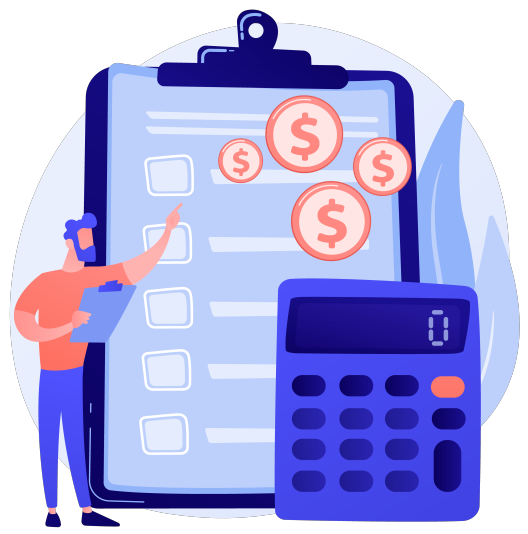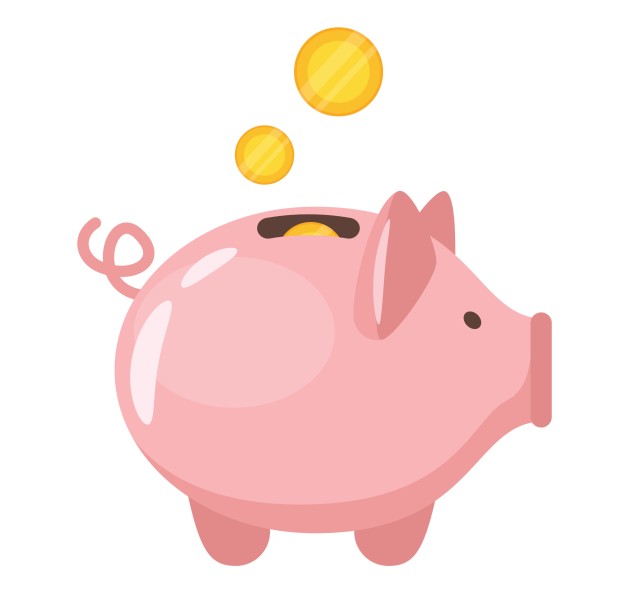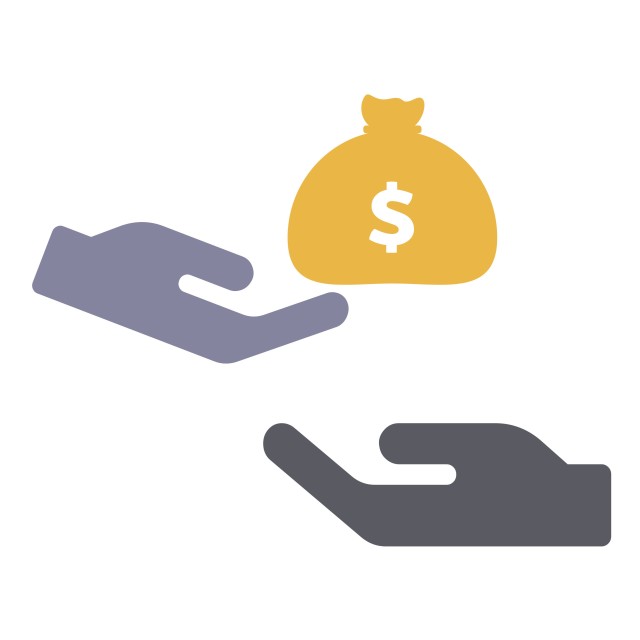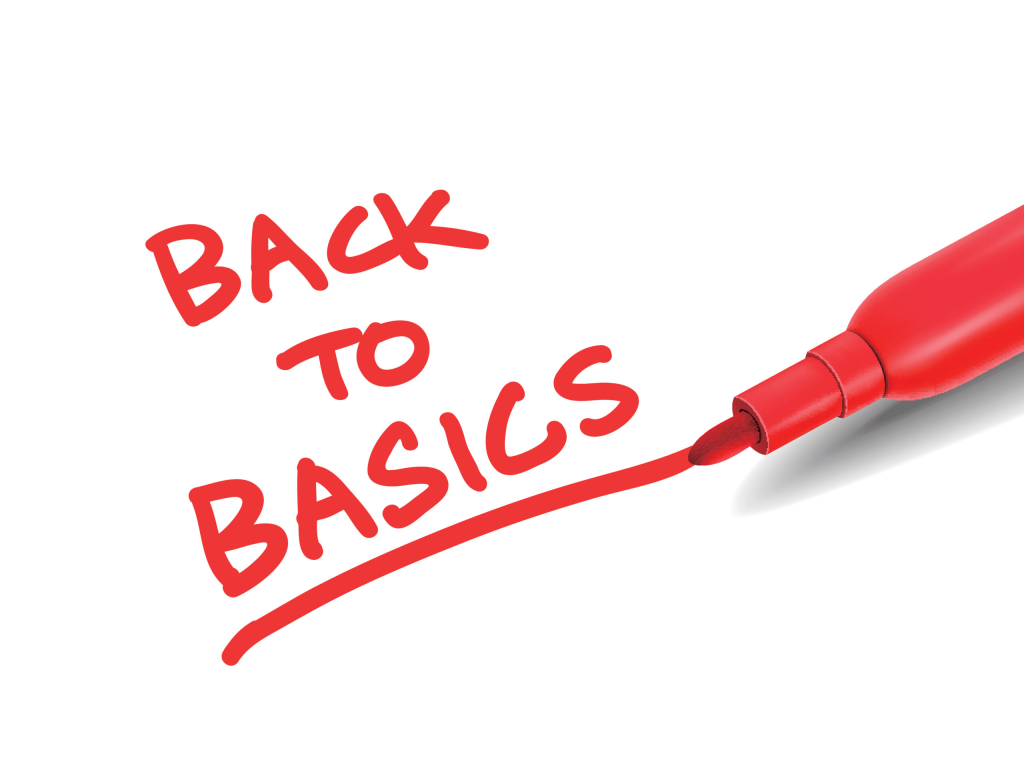November 1, 2020
Manage Your Budget
- Track your spending: The first step in organising your budget is to review your income and expenditure.
- Use real money: Practice using cash where appropriate and only bringing the amount necessary for the intended purpose.
- Start saving: However small the amount you put away, it is still important that you set aside some amount as savings. This can be put either as designated savings or investment account.
- Shop around: Whenever the opportunity presents itself, take the time to search around for the item you need. There may be a cheaper alternative or items on sale that may be just what you are looking for.
- Budget for known expenses: Create a budget that reflects all your current expenses. This will allow you to prioritise your spending and to decide where most of your money is being spent.
Remember:
- Track your spending
- Use real money
- Start saving
- Shop around
- Budget for known expenses

Open a Basic Account
- To manage day to day expenses: Open a simple current account to be used for daily spending.
- For temporary storage of savings: Deposit money into this account at every opportunity you get as a means of temporary storage for your savings. This can serve as an emergency fund. Whenever it accumulates to more than necessary for emergency the extra amount can be transferred to an investment account, which will serve as another source of income
Open a basic account:
- To manage your day-to-day expenses
- For temporary storage of savings

Things to Consider When Looking to Borrow
- How much do I owe? You will need to look at your level of debt in relation to your current income. As a rule of thumb, your level of indebtedness should never exceed more than 70% of your disposable income.
- How long is my repayment term? Consideration must be given to the period over which you will have to repay the loan.
- Are there penalties for missing repayments? It will be important to know any penalties that may be applicable so that you take care not to increase your level of indebtedness over the period of the loan.
- Can I discuss repayment options with this lender? Having a knowledge of the flexibility of the lender makes it easier for you to decide on using a particular lender.
Before borrowing, consider:
- How much do I owe?
- How long is my repayment term?
- Are there penalties for missing payments?
- Can I discuss repayment options with this lender?

Related Articles
No Results Found
The page you requested could not be found. Try refining your search, or use the navigation above to locate the post.

Recent Comments